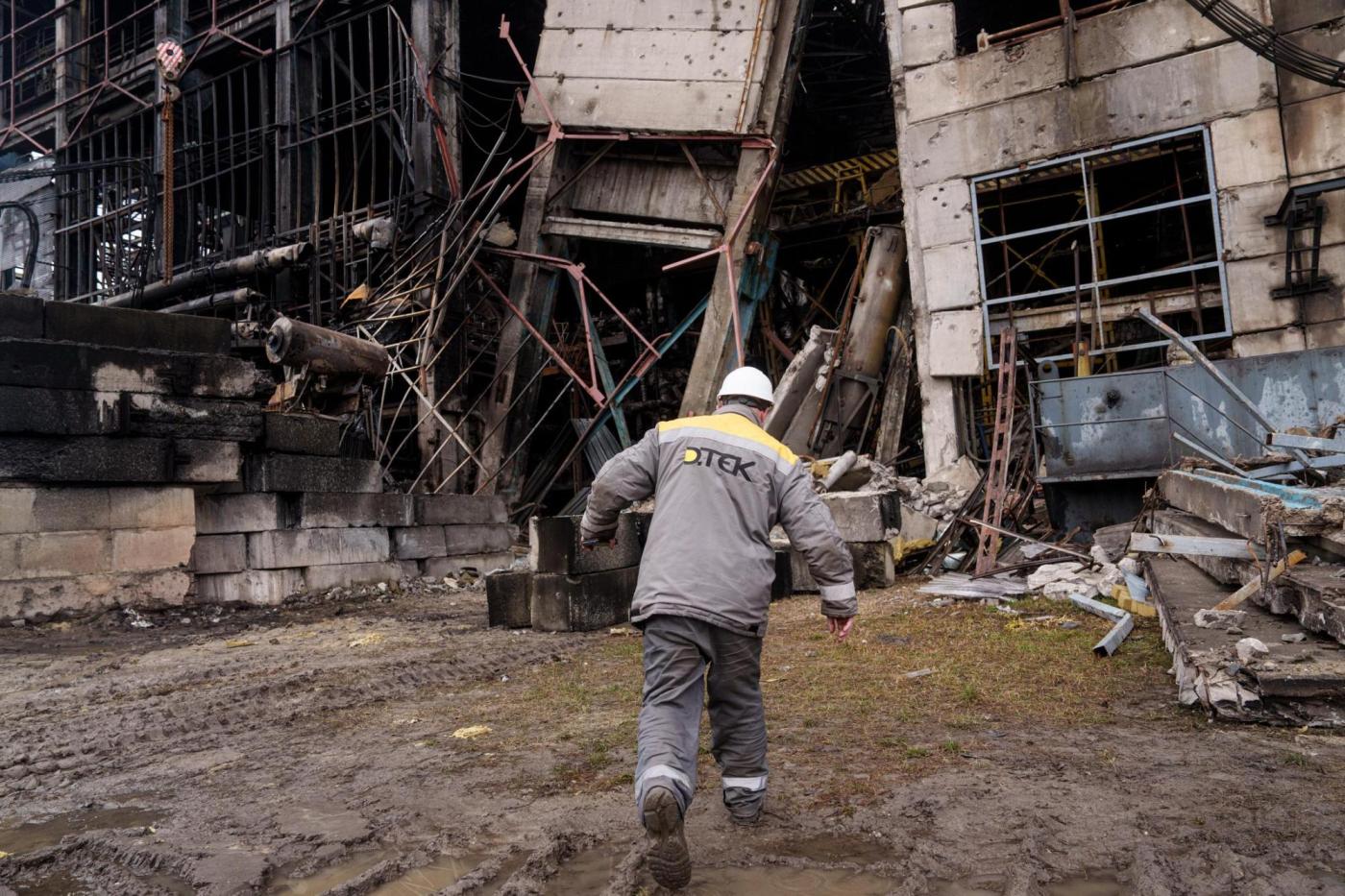Small Habits to Foster Resilience and Hope Amid Uncertainty

In a world marked by uncertainty, small, evidence-based habits can significantly enhance mental health and foster a sense of hope. Research indicates that practices such as mindful breathing, regular movement, and purposeful actions can effectively mitigate anxiety and promote emotional stability.
Understanding the Impact of Daily Habits
The challenges of a changing climate, ongoing global conflicts, and economic instability can leave many feeling overwhelmed. According to numerous studies, consistent routines play a vital role in maintaining mental well-being. By focusing on simple yet effective practices, individuals can build resilience and navigate life’s difficulties more successfully.
The late Dr. Jane Goodall exemplified the power of hope. Throughout her life, she emphasized the importance of taking action in the face of adversity. Her work serves as a reminder that even in the darkest times, small, purposeful steps can reignite a sense of agency and optimism.
Practical Strategies to Cultivate Resilience
One of the most critical aspects of mental health is the relationship between physical and emotional well-being. When stress levels rise, prioritizing bodily care becomes essential. Research suggests that high-quality sleep enhances our ability to cope with stress, thus fostering resilience. Maintaining a regular sleep schedule and establishing a calming pre-bed routine can significantly improve rest quality, equipping individuals to face daily challenges.
Physical activity also plays a crucial role in reducing stress. Engaging in regular exercise—whether it’s a brisk walk, stretching, or even dancing in your kitchen—has been linked to lower rates of anxiety and depression. These activities not only improve mental health directly but also help individuals recover from stressful situations more effectively. Over time, an active lifestyle trains the nervous system to manage stress and return to a state of balance.
Breathing techniques provide another effective tool for managing stress. Slow, deep breathing exercises can activate the parasympathetic nervous system, counteracting the body’s fight-or-flight response. Techniques such as diaphragmatic breathing and the 4-7-8 method offer quick relief in moments of crisis, helping individuals regain clarity and composure.
Mindfulness practices can further enhance emotional resilience. By focusing on the present moment, individuals can reduce the mental chatter that often fuels anxiety. Mindfulness encourages a non-judgmental observation of thoughts and feelings, allowing people to recognize worries without becoming overwhelmed. This practice empowers individuals to redirect their focus away from ruminative thinking and toward the here and now.
The narratives we construct about our challenges significantly influence our ability to cope. Resilience does not entail ignoring harsh realities but rather reframing them through a balanced perspective. Psychologists advocate for cognitive reappraisal, a technique that encourages individuals to view challenges in a new light. For example, transforming the thought “I will never get through this” into “This is difficult, but I can learn from it” fosters a sense of empowerment.
Engaging with a larger purpose can also counter feelings of helplessness. When global events feel overwhelming, committing to acts of kindness—such as helping a neighbor or volunteering—can restore a sense of agency and hope. You do not need to address global issues single-handedly; focusing on small, meaningful contributions can make a difference.
In times of chaos, having a clear sense of purpose acts as a guiding principle. Reflecting on what matters most—be it family, community, or personal missions—can provide context during difficult periods. By anchoring to core values, individuals can find strength and resilience amid adversity.
By cultivating these evidence-based practices, individuals can become sources of strength in an uncertain world. Through consistent, small actions, we can collectively work toward stitching together a more cohesive society. As we embrace challenges, we also open ourselves to opportunities for growth and connection.
Ultimately, it is the journey through difficulties that can yield the most rewarding insights and experiences. Life invites us not to view hardship as punishment, but as a fundamental aspect of growth. By actively engaging with our challenges, we can foster resilience and hope, contributing to a brighter future for ourselves and those around us.
Stover AD, Shulkin J, Lac A, Rapp T. A meta-analysis of cognitive reappraisal and personal resilience. Clin Psychol Rev. 2024 Jun;110:102428. doi: 10.1016/j.cpr.2024.102428. Epub 2024 Apr 7. PMID: 38657292.






